US lawmakers are seeking to label China a developed country and thereby strip Beijing of its trade, financial and emissions privileges.
The US effort to strip China of its “developing country” status has a lot to do with the ongoing trade war between the two countries.
China is at risk of losing trade benefits and carbon emissions exemptions after the US House of Representatives passed a bill calling for the world’s second-largest economy to be stripped of its “developing country” status.
The bill, titled “The People’s Republic of China Is Not a Developing Country Act,” passed by a 415-0 vote on a fast-track basis on March 27. It will need the approval of the Senate and the US president to become law.
The "People's Republic of China is Not a Developing Country Act" has been referred to the Senate Foreign Relations Committee and, if approved, will be a long way from being signed into law by the US President, but China has been quick to respond.
China Daily, the official newspaper of the Chinese Communist Party, said it was another example of the US policy of containing China. “Faced with a rising China and the collapse of the US-centered unipolar world and the shift to a multipolar world with China as the main player, the US is using all means to prevent this from happening,” China Daily wrote.
Even the South China Morning Post warned that the vote in the US House of Representatives would be seen by Beijing as another trick by Washington to block and restrain the country's development.
Commentators in China have warned that if the bill passes, China will likely face higher taxes, higher production costs, more obligations to cut greenhouse gas emissions, and a significant reduction in international concessional loans. All of these changes will ultimately lead to job losses in the country.
The impetus behind the bill dates back to February 2020, when then-US President Donald Trump announced that Washington would designate 25 countries – including China, India and South Africa – as developed nations to eliminate trade preferences they received in anti-subsidy tax investigations.
Earlier this week, as US lawmakers pushed the bill, the bill's sponsor, Congresswoman Young Kim, pointed out that China now accounts for 18.7% of the global economy, after surpassing Japan as the world's second-largest economy in 2010.
Customers buy fruit at a supermarket in Handan city, China.
China has taken out low-interest loans from international institutions and spent trillions of dollars on infrastructure projects in other countries as part of its Belt and Road Initiative (BRI), Kim said, calling Beijing’s trade project a “debt-trap diplomacy scam.”
China's Foreign Ministry has not commented on the latest bill but has responded to accusations of creating "debt traps" in other countries.
China has been helping other developing countries reduce their debt, Chinese Foreign Ministry spokeswoman Mao Ning said on March 30. She said the debt burdens of these countries had increased further after the US Federal Reserve raised interest rates last year.
Currently, China is considered a “developing country” by international organizations including the United Nations, although there is no clear definition of the terms “developing” and “developed”.
China currently enjoys trade defense and anti-dumping exemptions from the World Trade Organization (WTO), financial support from the World Bank (WB), technical and economic assistance from international organizations, lower tariffs on many of its exports, and agricultural support from the Food and Agriculture Organization of the United Nations (FAO).
Other commentators note that China would face more international pressure to cut its carbon emissions if it were classified as a developed country. Because of its developing status, China enjoys more flexibility in deciding the pace at which it reduces its carbon emissions.
China surpassed the United States as the world's largest carbon emitter in 2005. In 2021, China's carbon emissions hit a record high of 13,078 million tons, far exceeding the United States' 5,289 million tons and the European Union's (EU) 3,438 million tons.
The US has vowed to halve its 2005 greenhouse gas emissions by 2030. China is aiming to peak its emissions by 2030 and reach net zero by 2060.
For its part, Chinese state media said Beijing should not be too worried because the US call would not be accepted by most international organizations.
Beijing Daily said China is certainly not a developed country because its per capita gross domestic product (GDP) was only US$14,000 last year, much lower than Luxembourg's US$127,000, the US's US$75,000 and Japan's US$34,000.
China's GDP per capita (PPP) was significantly higher, at around $21,000 last year, according to the International Monetary Fund.
Beijing Daily notes that China ranks 85th in the world on the United Nations Development Programme's Human Development Index, an indicator of a country's education level, life expectancy and standard of living.
“Since when did China become a rich country? The US has no right to say so. When our economic and social development reaches that level, we will generously shoulder the responsibilities and obligations we need to shoulder,” the Beijing Daily concluded.
The state mouthpiece added that if the US achieves its goal of slowing China's economy by treating it as a developed country, Americans will also suffer higher inflation as Chinese goods become more expensive.
In addition, observers say the US House of Representatives' unanimous vote to strip China of its "developing country" status has opened a new diplomatic dispute between Washington and Beijing, and dealt another blow to the already fragile global governance system.
This is not the first time the two countries have sparred over China’s economic status. For example, the Chinese government has been trying for about a decade to convince the US and EU, two of its largest trading partners, to treat China as a market economy — a move that would help Chinese exporters in anti-dumping cases and give Beijing a nominal advantage in favor of its economic liberalization efforts.
To Beijing’s frustration, the US and EU never met China’s demands. Beijing eventually gave up and suspended its case at the World Trade Organization (WTO) in 2019, as China’s trade war with the US under the Trump administration became a more pressing priority.
China may well understand that it will become increasingly difficult to justify its “developing” status as its economic power and influence grow. But China’s strategic alliance with the developing world will not change, while the country is taking on greater global responsibilities and obligations, including a commitment to peak carbon emissions by 2030 and become carbon neutral by 2060.
Ultimately, the debate over whether China is a developing country reflects the sad reality that the world has become polarized by Beijing and Washington’s differences on a range of issues. Governments, multinational companies and even individuals will be pushed to take sides. But it won’t end well for everyone.
Source


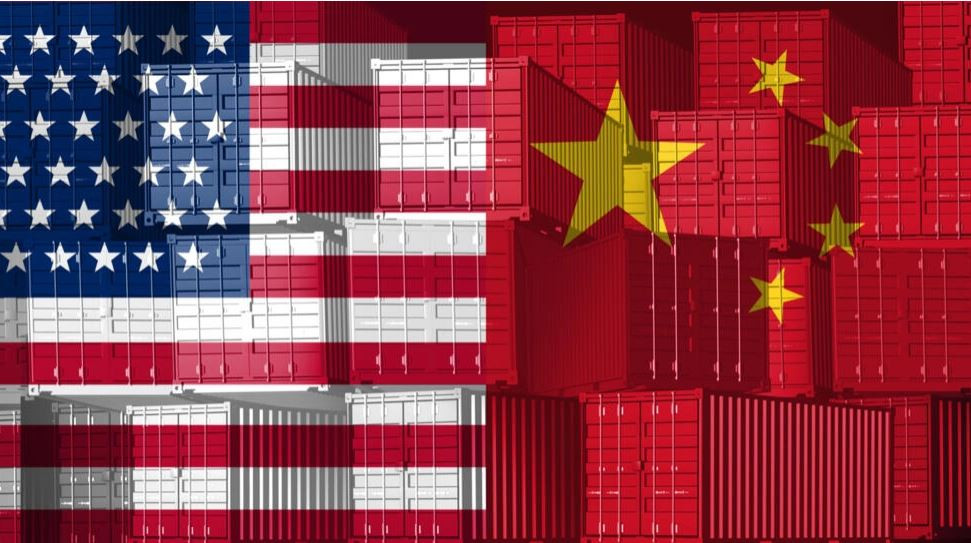


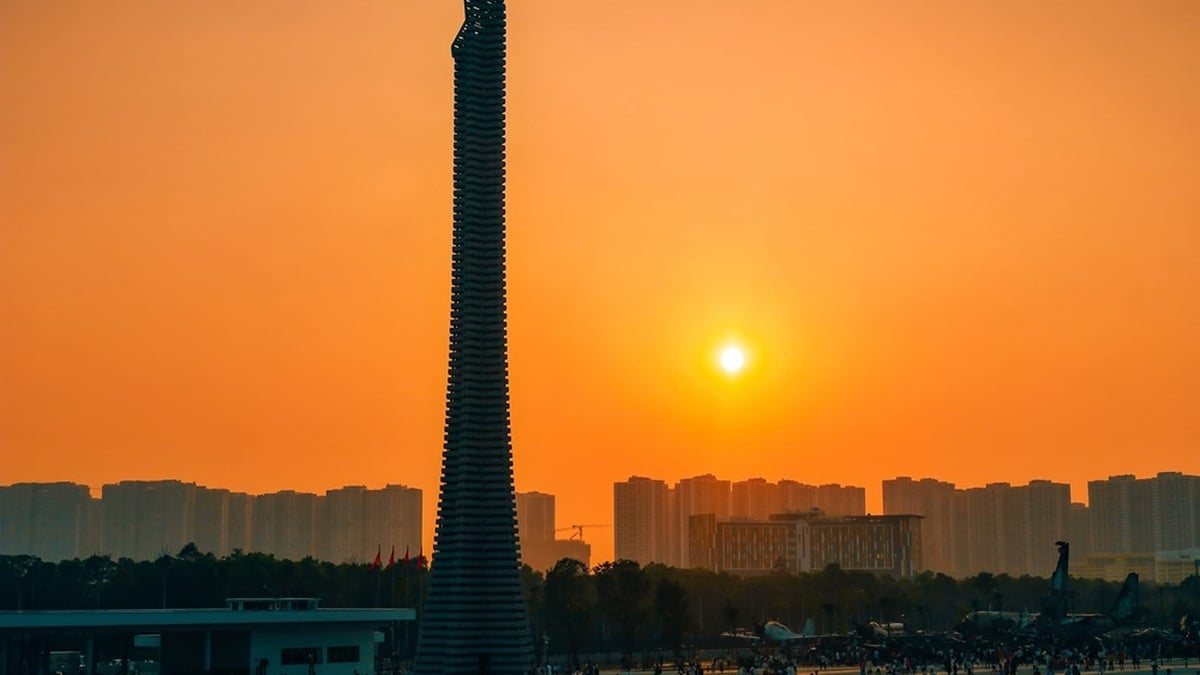







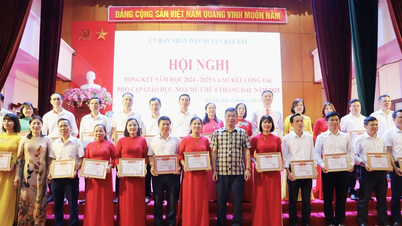










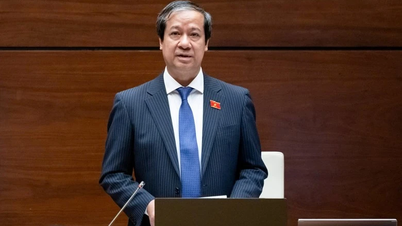




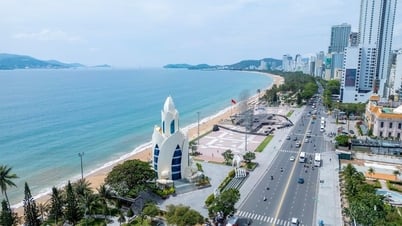

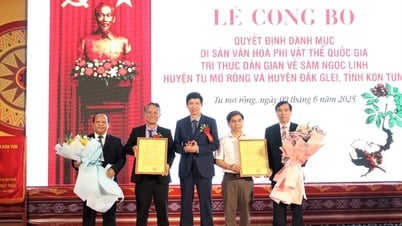

















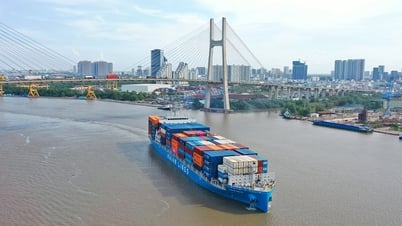

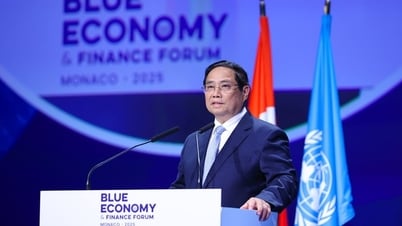
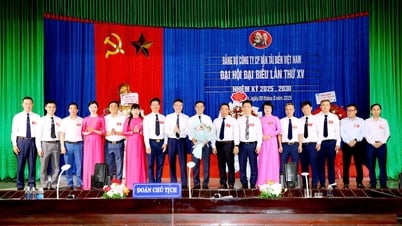
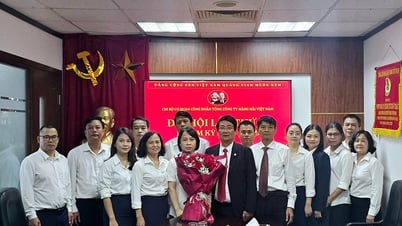







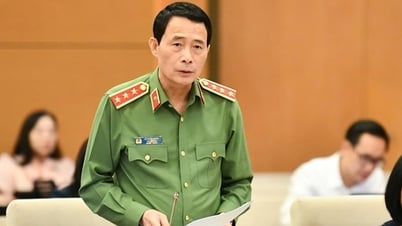
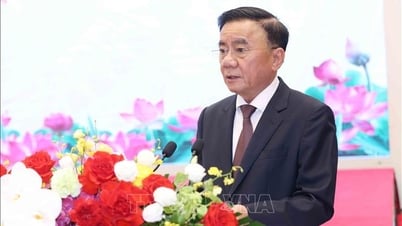

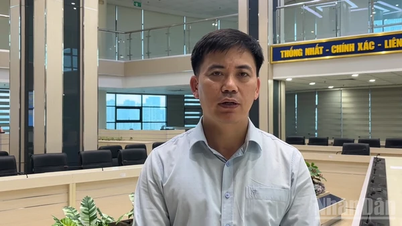
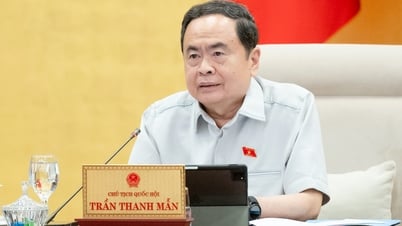
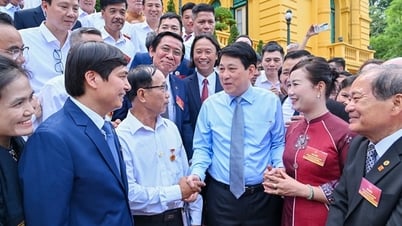







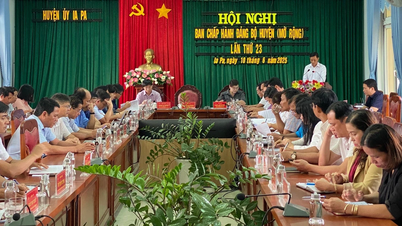








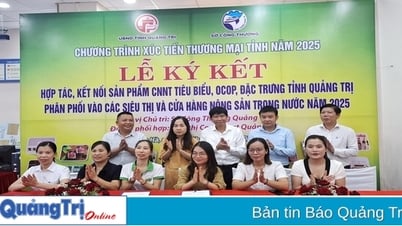












Comment (0)